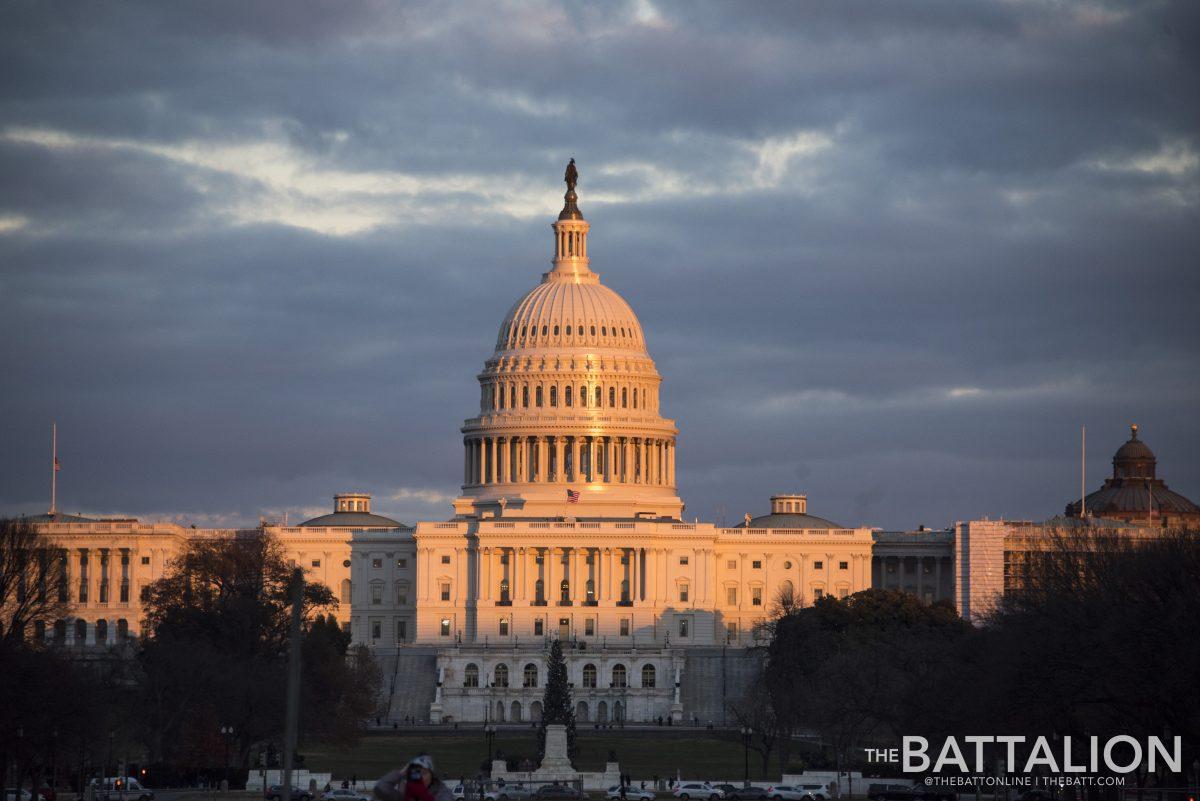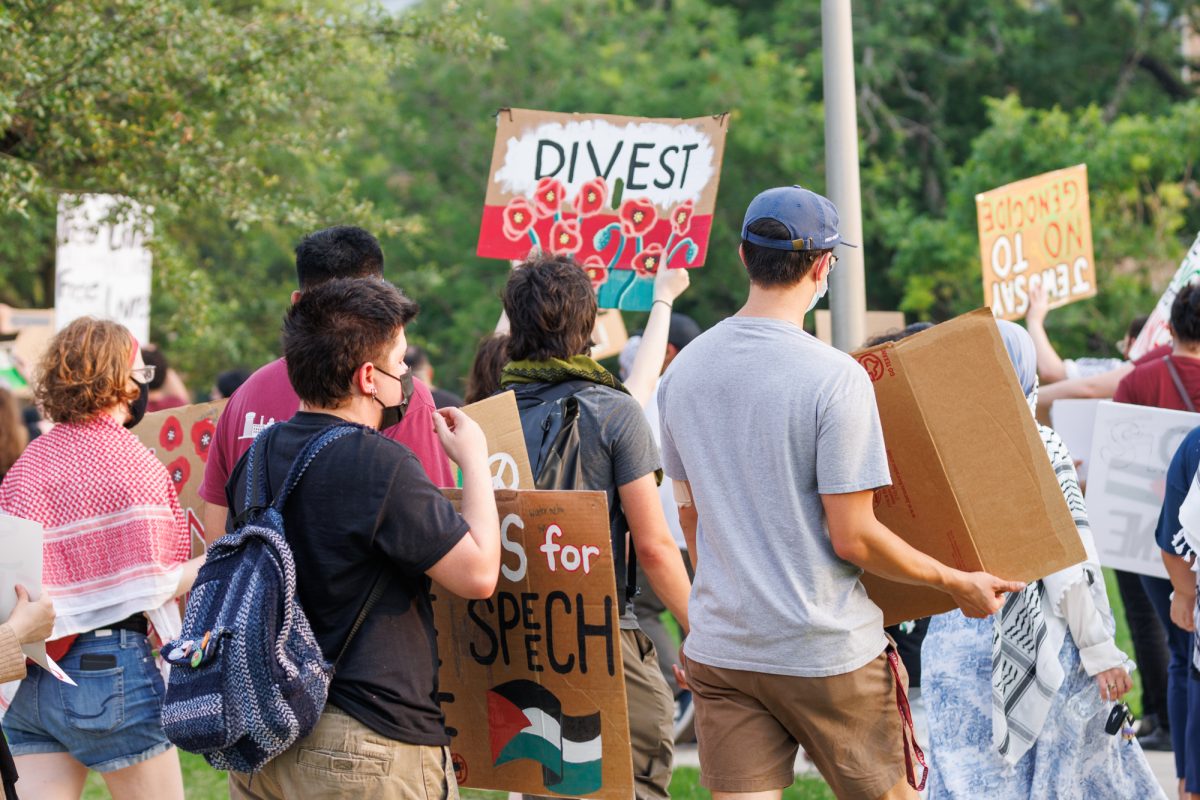In Texas, there are over 1,000 public school districts instructing over 5 million K-12 students, making it one of the largest education hubs in the United States.
However, a 2023 study of education across U.S. states placed Texas in No. 41, or in the 20th percentile, based on educational attainment, school quality and 16 other variables.
Senate Bill 8, or SB 8, is authored by Republican Texas Senator Brandon Creighton and sponsored by eight other Republicans. SB 8 is an education bill with a number of provisions, one of the most controversial ones proposing the implementation of an education savings account, or ESA. An ESA would allow parents to spend money that would otherwise be allocated for their public school on other educational resources like private tuition. Under the current draft of SB 8, there is a limit of up to $8,000 per child that can be put into an ESA account. Currently, private schools do not receive any taxpayer money from the state of Texas.
According to the Texas Tribune, proponents of the bill argue parents should be able to send their children to private schools without the excessive burden of paying costly tuition. Many supporters want to be able to send their children to a school that aligns with their religion through the help of an education savings account due to the tuition.
Opponents of the bill instead argue that taking tax money away from public schools will lead to a degradation of the already financially struggling independent school districts, or ISDs, in Texas.
Texas A&M associate professor of K-12 Education and Administration Daniel Bowen said education savings accounts could cause families to leave their local public schools.
“If you look at [ESAs] from a traditional public school lens, it poses a threat,” Bowen said. “Because it provides a lever for lots of families to potentially exit the public school system, it gives families a greater ability to take advantage of another option that might not have been available to them.”
Bowen said ESAs provide a new avenue for families that wouldn’t have had access to costly private schools.
“Wealthier families typically get to choose any education of their desire for their children,” Bowen said. “Typically, middle and lower socioeconomic status families don’t have that choice, and it would provide them an opportunity to do that.”
A&M professor of science education Michael Clough taught science in public schools for over seven years and said the policy would direct needed funding from public schools to private.
“I’ll speak from my feelings when I was a high school teacher,” Clough said. “We desperately need to improve the teaching and learning in public schools. When resources are directed towards private education, those resources could be directed towards improving the knowledge of public school teachers. I felt that way as a public school teacher and I feel that now as a professor for science education.”
A study of inequity in school funding by the Southern Poverty Law Center, or SPLC, found that Texas spends $11,987 per student, which is over $3,000 less than the national average of $15,114 in fiscal year 2021. Clough said public school funding has been inadequate and needs to be remedied before moving onto funding private schools.
“I’m not against private schooling, but I don’t think public funds should be diverted to that when we have so much to do with public education and improving schooling for everyone,” Clough said.
Public health senior Mariana Salomao said her opinions of ESAs are based on her experience of attending Trinity High School, a public school in Euless.
“I think it would hurt public schools in that it’s taking away money from public schools,” Salomao said. “Public schools are already so underfunded and teachers are already so underpaid. Taking money away from public schools would just hurt them in the long run.”
Industrial systems engineering sophomore Michael Hamiliton attended John Paul II High School, a private school in Plano. Hamilton said ESAs would have a profound effect on his family.
“One of the biggest reasons why our parents sent us to private school was so that we could have an education that also included our religion,” Hamilton said. “They felt it was important enough to put forth the money to do that. Private school is very expensive, and we are constantly trying to watch money. I feel like if going to private school was more affordable, then private schools would be more accessible, and not just to people who could afford it outright.”
The Texas Senate passed SB 8, including the education savings account provision, on April 6. The bill is expected to move to committee in the Texas House in the coming weeks, which will decide if the ESA portion of the bill will be held up or voted down in the lower chamber of the legislature.
The standing matter of if this bill will improve the educational crisis in Texas is yet to be determined.
“I think that political polarization is not good for the public wellbeing or for public education,” Clough said. “We have to lay our political differences aside and work for the betterment of children and their education.”










